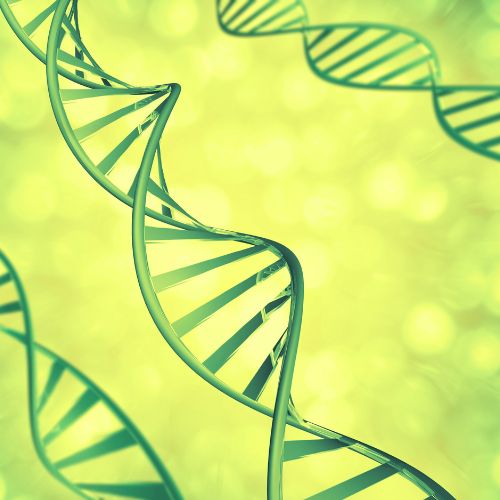Managing Movement Disorders Naturally
What are Movement Disorders?
Movement disorders are neurological conditions that cause abnormal or involuntary movements or, in some cases, difficulty initiating movement.
These disorders can affect various muscles in the body, leading to symptoms like tremors, muscle contractions, rigidity, or repetitive movements.
Common movement disorders include Parkinson’s disease, dystonia, Tourette’s Syndrome, essential tremor, and Huntington’s disease.
Each of these conditions presents unique challenges, impacting daily tasks and overall quality of life.
What Are the Symptoms of Movement Disorders?

- Tremors: Uncontrollable shaking or trembling in specific parts of the body, often the hands, arms, or legs.
- Muscle contractions and spasms: Involuntary tightening of muscles, which can lead to discomfort and abnormal postures, as seen in conditions like dystonia.
- Rigidity and stiffness: A common symptom in conditions like Parkinson’s, where muscles become stiff, making movement slower and more challenging.
- Tics and repetitive movements: Rapid, sudden movements or sounds, often associated with Tourette’s Syndrome, which can interfere with daily activities.
- Reduced control over movement: Individuals may struggle with initiating or stopping movements, impacting balance and coordination.
Types of Movement Disorders
Here are a few common movement disorders and their characteristics:
- Parkinson’s Disease: Characterized by slow movement, muscle rigidity, and tremors, Parkinson’s affects the body’s ability to coordinate movement. People with Parkinson’s may experience challenges with daily activities, speaking, and swallowing. Visit this page to learn how we can help manage the symptoms of Parkinson’s.
- Dystonia: Dystonia causes involuntary muscle contractions, leading to twisting or repetitive movements in various body parts. Cervical dystonia, for example, affects the neck muscles, causing the head to tilt or turn uncontrollably, often accompanied by pain. Visit this page to learn how we can help manage the symptoms of Dystonia.
- Tourette’s Syndrome: Known for its motor and vocal tics, Tourette’s Syndrome causes individuals to make involuntary movements or sounds. These tics can vary in intensity and may increase with stress or excitement. Visit this page to learn how we can help manage the symptoms of Tourette’s.
- Essential Tremor: Essential tremor is a common movement disorder that primarily causes rhythmic shaking, most often in the hands, especially when trying to perform activities like holding objects or writing.

Causes and Contributing Factors

The causes of movement disorders can be complex and are not always fully understood.
Genetics often play a role, particularly in conditions like Tourette’s and some forms of dystonia.
Environmental factors, physical trauma, and other neurological conditions may also contribute to the development of these disorders.
In some cases, abnormal signaling in certain parts of the brain, especially those involved in movement and muscle coordination, is thought to be a primary factor.
Impact on Daily Life
Movement disorders can significantly impact day-to-day activities and quality of life.
The involuntary movements or lack of control can make it challenging to perform routine tasks like eating, writing, or even speaking clearly.
The social and emotional effects can also be considerable, as individuals may feel self-conscious or frustrated by their symptoms.
Pain or discomfort from muscle contractions and spasms can further contribute to a sense of unease and limit participation in activities.

Managing Movement Disorders

While there is currently no cure for most movement disorders, several approaches can help manage symptoms and improve quality of life.
Relief is possible.
Our practice is dedicated to offering non-surgical, medication-free solutions for managing these challenging conditions. Through years of research and experience, we’ve seen how movement disorders can be closely connected to areas like the cervical spine, jaw joints, and skull, impacting the body’s movement patterns and quality of life.
We approach treatment with a focus on comfort and control, helping to reduce symptoms significantly and enhance daily living.
Our methods provide meaningful relief that empowers individuals to navigate their daily activities with greater ease and confidence.
Take the First Step Toward Relief
If you’re ready to explore a new way to manage movement disorders and improve your well-being, we’re here to support you. Please feel free to reach out with questions or to schedule a consultation.
If you or someone you know is affected by a movement disorder such as Tourette’s Syndrome, Parkinson’s Disease, essential tremors, or dystonia, know that relief is possible. Schedule a consultation today.